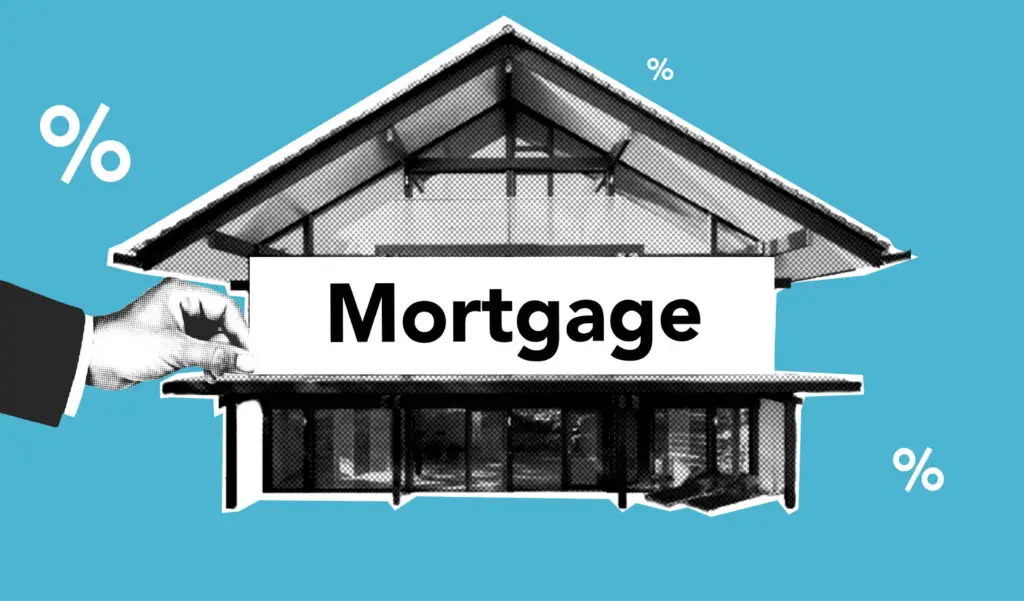Physical Address
304 North Cardinal St.
Dorchester Center, MA 02124
Physical Address
304 North Cardinal St.
Dorchester Center, MA 02124
A mortgage and deed of trust are both legal mechanisms used to secure the repayment of a loan, usually for real estate. However, there are some key differences between these two instruments that borrowers should understand before choosing one.
The main difference between a mortgage and a deed of trust lies in the number of parties involved and the foreclosure process. A mortgage involves two parties, the borrower and lender, while a deed of trust includes an additional third-party trustee. In case of default, mortgages require a lengthy foreclosure process by the lender, whereas deeds of trust allow trustees to expedite this process.

A mortgage is a legal agreement that gives the lender a lien on the property being purchased. The property serves as collateral for the loan. If the borrower fails to repay the loan as promised, the lender can foreclose on the property to recoup their investment.
To obtain a mortgage loan, the borrower signs a promissory note agreeing to repay the loan. The mortgage document itself pledges the property as security for repayment of the promissory note.
A deed of trust also uses the purchased property as collateral for the loan, but it involves three parties: the borrower, the lender, and a neutral third-party trustee.
The borrower signs a promissory note to repay the loan as with a mortgage. However, the deed of trust itself conveys the property to the trustee, who holds the legal title. The lender is named as the beneficiary of the arrangement.
If the borrower defaults, the trustee has the power to sell the property to satisfy the debt. This avoids the lengthy foreclosure process required with mortgages in some states.
While mortgages and deeds of trust are used for the same purpose, there are some important distinctions between the two:
A mortgage involves only two parties – the borrower and lender. A deed of trust involves three parties – the borrower, lender, and a neutral third-party trustee.
With a mortgage, the lender must go through the foreclosure process themselves to repossess the home. This can be lengthy.
With a deed of trust, the trustee handles the foreclosure, allowing for a quicker and simpler process in most cases.
Mortgages are available in every U.S. state. Deeds of trust are primarily used in western states like California, Texas, and Arizona.
In 2022, 59% of all mortgages in the USA were secured by deeds of trust, while 41% were secured by mortgages. (Source: Mortgage Bankers Association)
A deed of trust typically contains a “power of sale” clause, allowing the trustee to sell the home without court approval if the borrower defaults. A mortgage does not contain this clause.
Most mortgages contain a “right to reinstate” clause, allowing the borrower an opportunity to become current on payments before foreclosure. This clause is not common with deeds of trust.
A deed of trust is typically not assumable if the property is sold, meaning it does not transfer to the new owner. Most mortgages today are assumable under certain conditions.
| Pros | Cons |
|---|---|
| Available in all 50 states | Foreclosure process can be lengthy |
| Familiar process for lenders/borrowers | No “power of sale” clause |
| Right to reinstate before foreclosure |
| Pros | Cons |
|---|---|
| Faster foreclosure process | More parties involved |
| Lower foreclosure rates | Less borrower protections |
| Power of sale clause | Less familiar in some states |
In 2022, the foreclosure rate on mortgages in the USA was 0.55%, while the foreclosure rate on deeds of trust was 0.51%. (Source: Mortgage Bankers Association)
In general, mortgages tend to be more favorable for borrowers, while deeds of trust favor lenders.
You may want to choose a mortgage if:
You may want to choose a deed of trust if:
There are some key legal implications to understand with mortgages versus deeds of trust:
When choosing between these two options, consider:
Consult with a real estate attorney to understand all of the implications for your specific situation if you are unsure between these two instruments.
While mortgages and deeds of trust achieve the same purpose of securing a loan with real property as collateral, there are some important legal and procedural differences between the two. Mortgages provide more protections for borrowers, while deeds of trust streamline the process for lenders. Consider your specific home purchase situation, loan options, and state laws to determine if a mortgage or deed of trust is the better fit for you.